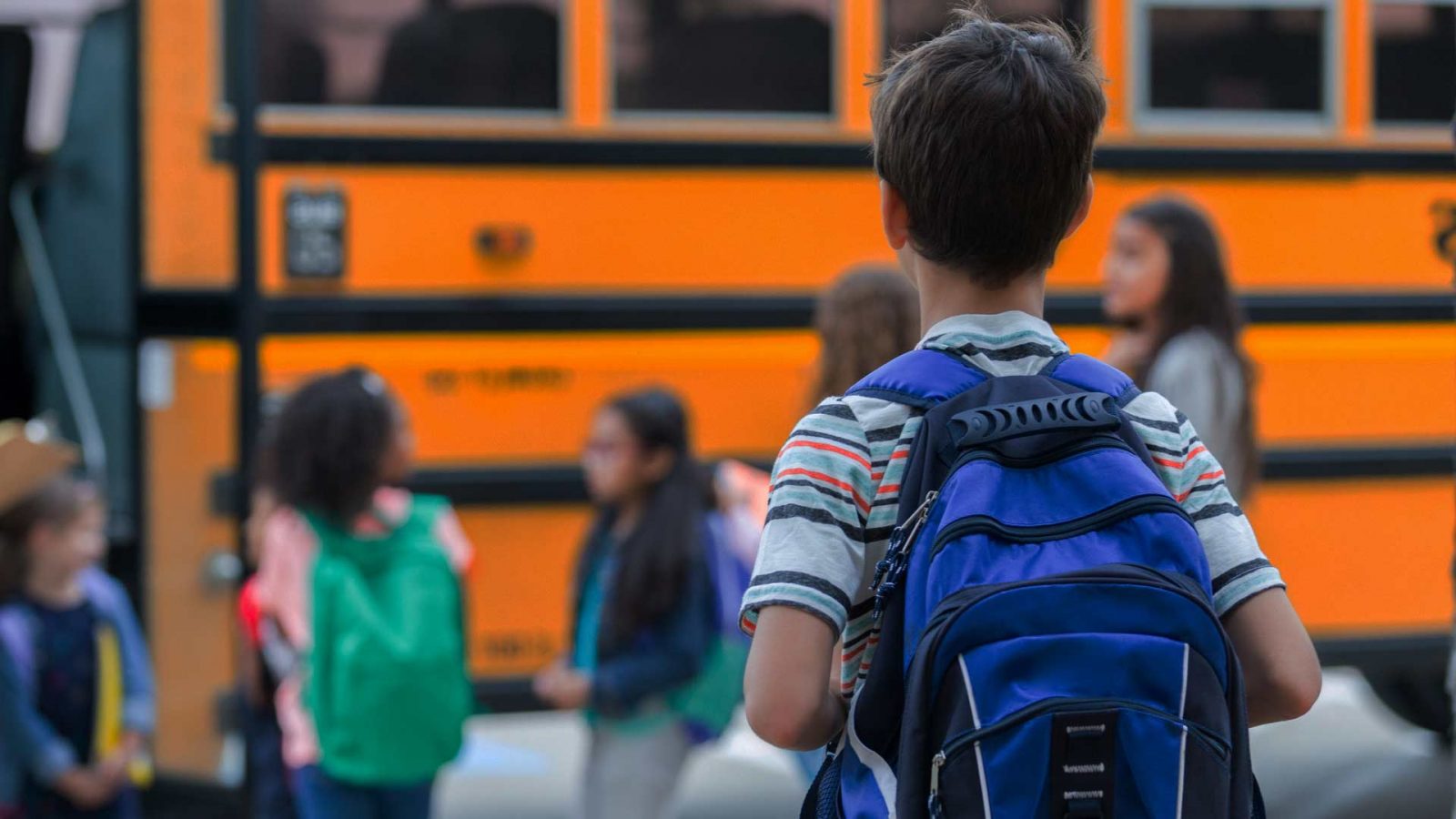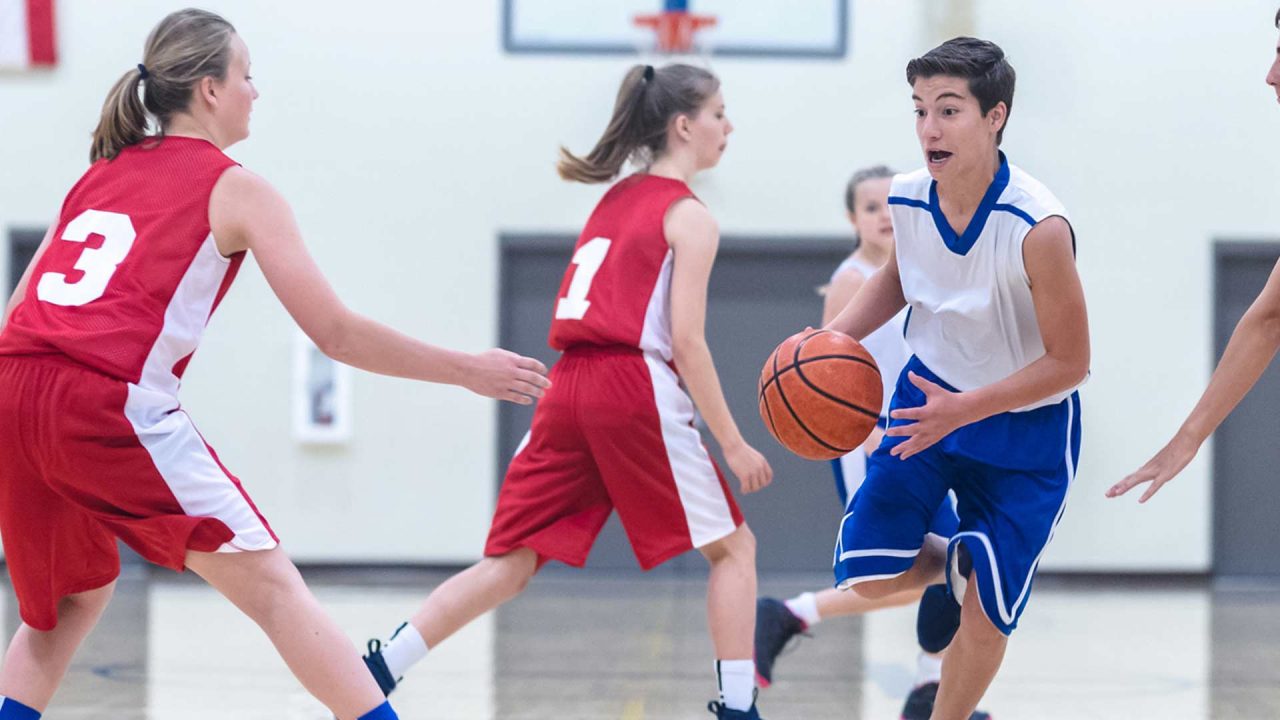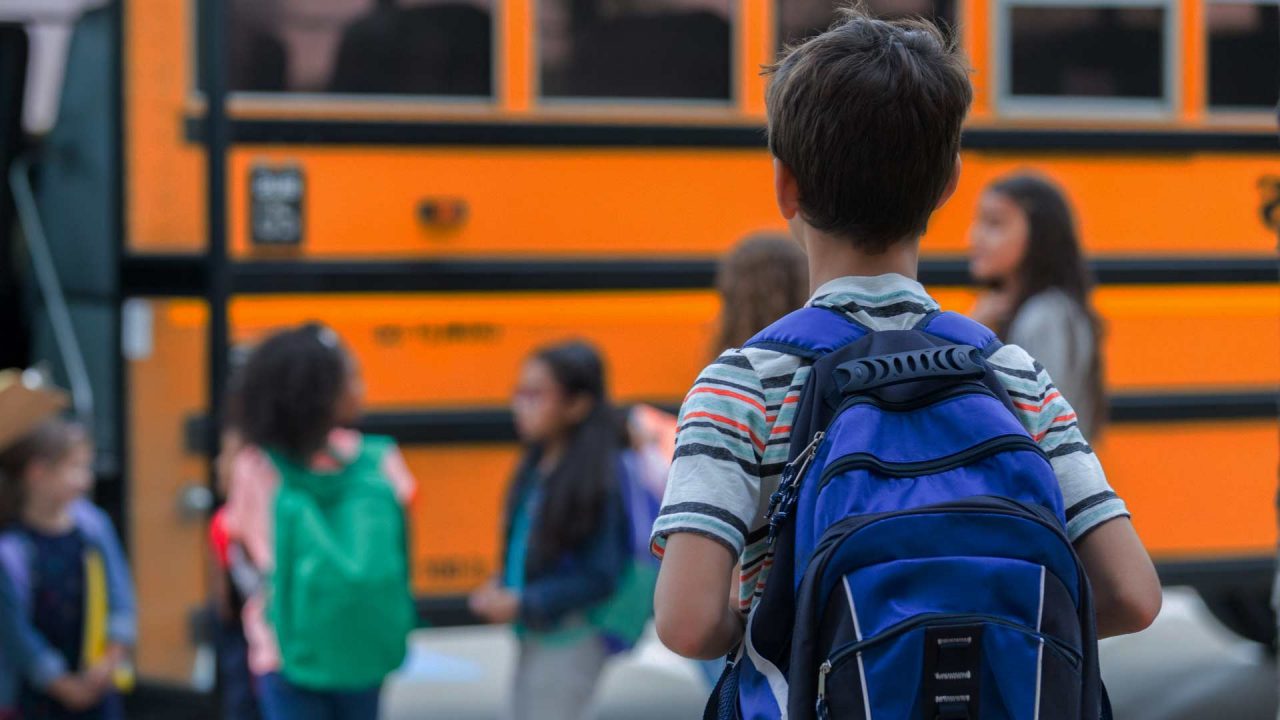
Fairbanks School Board candidates hold widely differing views when it comes to abortion, LGBT issues and parental rights. The Watchman sent a survey to each candidate. Their responses to some of the most hot-button social issues are published below.
Candidates who responded include Tim Doran and Jeffrey Rentzel (running for Seat E), Gregory Kahoe and April Smith (running for Seat F) and Maggie Matheson (running for Seat G). Candidates Brianna Gray (Seat F), incumbent Sean Rice (Seat F) and Brandon Boylan (Seat G) did not respond to the survey.
SURVEY ANSWERS
This past April, the Fairbanks School Board approved curriculum updates which replaced a U.S. history graduation requirement with the option to take an LGBTQ social studies class. For the coming year, the board will be asked to approve a high school English class that also includes LGBTQ studies. Do you support the district’s move to incorporate LGBTQ literature in the curriculum?

DORAN (SEAT E): I support the incorporation of diverse literature, authors and perspectives that are representative/inclusive of our students and families and which help students to be successful in the diverse society in which they will live and work. Note: there is no LGBTQ social studies class nor is there a proposed LGBTQ Literature class in the curriculum. There are two upper division elective courses pertinent to this question: one adopted (U.S. Civil Rights Experience which focuses on the experience of all marginalized groups) and one currently under review (“Social Themes in Literature” which includes diverse perspectives from multiple groups). Options are provided for students to select alternate activities as is the norm for all the curricular areas. Depending upon the full review process, the literature course may or may not come to the Board for adoption at a later date. It is important for students to have an exposure to diverse perspectives in order to be informed and competent citizens.
(Editor’s note: There is in fact a social studies class that includes LGBTQ studies, and there is also a proposed literature class which includes the option to focus primarily on LGBTQ literature and themes.)
RENTZEL (SEAT E): I feel that it is time for the School Board to get back to a curriculum that is going to prepare our students for the future. Having special interest group forcing their agenda in the classrooms is doing a disservice to our students and parents. These classes will be teaching moral values many do not agree with, this again is not the function of our educational system. It is time that we get back to the task of educating our children and not indoctrinating them.
KAHOE (SEAT F): The class to which this question refers is titled: “United States Civil Rights Experience.” It is a one semester class that juniors or seniors may take instead of Recent U.S. History 2. The question you pose is misleading, in that the U.S. Civil Rights class does not replace Recent U.S. History 2; it is simply offered as an option. The curriculum guide notes that “The learner will select one strand to explore throughout the semester, which may be different from what others in the class select. The following are some suggestions, but the list of strands is not limited to this selection: women, Indigenous peoples, Latinos, African Americans, disabled persons, LGBTQ, and other marginalized groups.” The district, in an attempt to embrace inclusion, is actually narrowing students’ study of history. In English literature, there are certainly students who may wish to choose such an option to further explore modern literature. I do not oppose the English option, but I am less-than-enthusiastic about alternate narratives in our study of U.S. History.
(Editor’s note: Students can in fact replace the U.S. History II graduation requirement with a class that highlights LGBTQ history.)
SMITH (SEAT F): Short answer, NO. Long answer, I don’t support many lifestyles represented in a lot of literature, but I appreciate and value the literature they are in. Introducing a class focused on this lifestyle – history or English – is not appropriate to a well-rounded education. I am not, however, against any book solely because it may portray a lifestyle I don’t agree with. For example, I personally do not believe divorce and remarriage, contraception, sex before marriage, excessive alcohol consumption or drug use are great life choices, but I would recommend various books that contain them because they are relevant and presented in a manner that is not explicit. If a quality piece of literature happened to contain LGBTQ themes or storylines, I would not exclude it solely on that basis. If the material was explicit or an entire class was focused on it, I would not support that decision.
GRAY (SEAT F): Did not respond.
RICE (SEAT F): Did not respond.
MATHESON (SEAT G): I have read some of the books on the list. I have read most of the authors on the list. I don’t support the decision to replace U. S. History as a graduation requirement with the option of LGBTQ social studies class. If we do not know our whole history, we do not know how we got to today, we can’t see how far we have come, and we are more likely to repeat our mistakes rather than improve or redeem them.
As for sexuality in the schools, the only conversation that I see fit is the literal biological discussion of what each body part does. I do NOT support any discussion about morality/immorality that can be attached to that subject or all of the many ways our bodies can be used or represented. That’s my job as a parent to teach my children our moral standards and modesty.
I don’t see how discussing sexuality will help our students prepare for the real world of college, military, trade schools, or employment. Why will discussing lesbianism in the Color Purple be as important or more important than race, class, domestic abuse, struggles, or successes?
BOYLAN (SEAT G): Did not respond.
Do you support the use of school district resources to refer students for abortion and/or to distribute contraception to students?

DORAN (SEAT E): No. This is neither the policy nor the practice of the School District.
RENTZEL (SEAT E): I would be outraged to find out that my children received this information or service from the school district. This is not a service we have been providing. This is a duty of the parents to provide this to their children if they desire. The district’s resources should be going to educating our children, not for this.
KAHOE (SEAT F): No. This should not be something the school district is involved in. School should be for educating students in core curriculum.
SMITH (SEAT F): 100% no. I am a board member of Right to Life, Interior Alaska. I believe it is a violation of parental rights and the school should not use any resources for anything related to abortion or euthanasia or any other anti-life issue.
GRAY (SEAT F): Did not respond.
RICE (SEAT F): Did not respond
MATHESON (SEAT G): I don’t support the use of school district resources to refer students for abortion. I believe that if there is a negative relationship between the students and their guardians, there should be mediation, but ultimately if my child is found in a pregnancy situation it is my responsibility to care for their child, my grandchild. It is also my responsibility to mentor my child and ensure they make good decisions. I do believe the school district can distribute contraception. I don’t believe the school district should supply (finance) them, but students will choose if they are sexually active and allowing them the decision to choose safety would be my priority.
BOYLAN (SEAT G): Did not respond.
Do you support a parent’s right to withdraw their child from any activity or class which the parent believes to be harmful?
DORAN (SEAT E): Yes. This is and has been the School District policy for decades.
RENTZEL (SEAT E): One of the issues I have is the school district believing they have the total control over what is best for our children. We as parents have the final say as to how our children are educated. If parents feel that an activity or class is harmful in any way to their children, they have the right to remove them.
KAHOE (SEAT F): I would never condone dangerous activities in school – activities in which students may be physically injured. I do believe it is appropriate for teachers to ask students to dig more deeply for meaning and to examine sometimes uncomfortable ideas, because that is how understanding develops. An overprotective parent, while not necessarily helpful to a child’s growth, always has the right to withdraw a student from a class.
SMITH (SEAT F): Yes, I support parental rights being paramount.
GRAY (SEAT F): Did not respond.
RICE (SEAT F): Did not respond.
MATHESON (SEAT G): Wholeheartedly, I agree that it is a parent’s right to withdraw their child from any activity or class which the parent believes to be harmful. Ultimately, my children are my responsibility. If I have to provide for them, care for their well-being and ensure they are safe. Then I have authority over what they learn in school. It is my obligation to communicate with their teachers on a regular basis. It is my obligation to ensure they are safe.
BOYLAN (SEAT G): Did not respond.
Do you support the School District’s policy of allowing males to compete on female sports teams (and vice versa) if they personally identify as the opposite sex?

DORAN (SEAT E): This is a multi-faceted, complex, and fairly rare situation. When it does arise, it is handled in accord with ASAA (Alaska Student Activities Association) policy, law, and most importantly respect, sensitivity and understanding.
RENTZEL (SEAT E): I do not support this policy at all. In my eyes this is a form of cheating. Boys have a distinct advantage over girls in most sports. If boys were competing with girls in high school sports, they may end up causing the girls to lose college scholarships they have been working towards for many years. Boys compete with boys, and girls with girls.
KAHOE (SEAT F): The school district follows the Alaska Association of School Government (AASG) guidelines for all extracurricular activities. As long as the State of Alaska condones said activity, it is appropriate for our school district to join other school districts across the state. I believe this evolving situation may call for a separate category for student athletes which may include a Transgender category for athletes.
(Editor’s note: Each school district in Alaska can establish its own gender policy when it comes to athletics. Fairbanks has decided to allow students to choose whichever gender they want to identify with when it comes to sports, regardless of their biological sex.)
SMITH (SEAT F): No.
MATHESON (SEAT G): All students should have the opportunity to play sports and have their personal dignity respected. With that said, I believe that the school district would ultimately fail our student athletes if they allow our students to play on the teams that they identify with rather than their biological sex. There are sports which allow both male and female students alike to play on their teams. For instance, cheerleading is a male and female sport. This would not matter in a sport such as cheer. I love that our wrestling team allows our males and females to practice together in order to get a feel for people in their own weight classes. I have seen women pin men, but at the same time I wouldn’t want to squash their opportunities to receive scholarships when not competing within the same parameters that they will be competing with at the college level. I don’t believe that men and women are built the same way biologically and there are clear separations for a reason. I wouldn’t want to see anyone’s dreams be shattered due to an imbalance of fairness to the sport because we have changed the parameters.
BOYLAN (SEAT G): Did not respond.
Do you believe that school restrooms and locker rooms should be used exclusively by persons of the same biological sex?

DORAN (SEAT E): This is also a multi-faceted, complex, and fairly rare situation. When it does arise, it is handled in accord with law, court decisions, medical considerations, and most importantly respect, sensitivity and understanding.
RENTZEL (SEAT E): It is unfair to force students to have to deal with members of the opposite sex in the restroom or locker room. Students need to feel safe in those areas and not have to be concerned about who is in there with them. This also has the potential to set children up to be abused or assaulted. The needs of the many outweigh the needs of the few.
KAHOE (SEAT F): Our schools are doing a good job offering bathrooms for those who may feel uncomfortable using bathrooms whose labels do not conform to students’ identities.
SMITH (SEAT F): This question is more complicated than you present it. I do believe biological sex-exclusive facilities should be the main facilities provided. However, I also believe in human dignity and recognize our culture has produced a number of students who are struggling with the issue of gender identity and gender norms. That being said, I would like to see gender neutral facilities available as an accommodation to facilitate maintaining dignity for everyone, not just those struggling with identity issues.
GRAY (SEAT F): Did not respond.
RICE: (SEAT F): Did not respond.
MATHESON (SEAT G): Yes. At this time, a child is their biological sex and they should be regarded as such.
BOYLAN (SEAT G): Did not respond.
Do you support the practice of the Fairbanks School Board in proclaiming October as “LGBTQ History Month”?
DORAN (SEAT E): I strongly believe that every student, parent, family member, employee who walks through our doors should be welcomed, valued, respected and safe. The resolution (2020-9) to which this question refers specifically “encourages schools throughout the District to promote a community where all students and staff feel supported and affirmed.” I support this affirmation of inclusiveness and equity.
RENTZEL (SEAT E): Once again we have a special interest group forcing many to celebrate or acknowledge moral values that many do not agree with. As I have stated before, we need to stop having special interest groups influence activities or the education programs in our schools. We need to focus on education not indoctrination. The classroom is not a place to teach moral values. That is for the parents to do in their home.
KAHOE (SEAT F): The school district should confine itself to curricular choices which challenge and inform students to be better citizens, workers and scholars.
SMITH (SEAT F): I feel these types of proclamations are a waste of government time and resources. I would also point out that we wasted resources proclaiming the “Week of the Girl Child” immediately before proclaiming LGBTQ History Month. I believe transgender theory and ideology seeks to break down the “girl child’s” existence and it was hypocritical and ingenue to proclaim BOTH, especially on the same day.
GRAY (SEAT F): Did not respond.
RICE (SEAT F): Did not respond.
MATHESON (SEAT G): No. There are other things that we need to focus on such as, reading, writing, math, college prep, and employment prep.
RICE (SEAT G): Did not respond.






